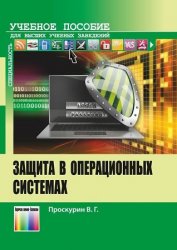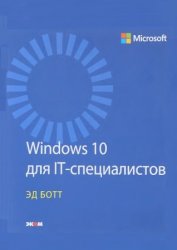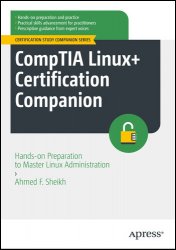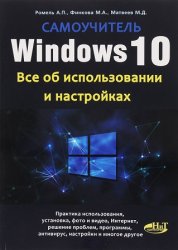- Добавил: literator
- Дата: 12-06-2024, 05:45
- Комментариев: 0
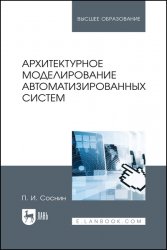 Название: Архитектурное моделирование автоматизированных систем. Учебник. 2-е изд.
Название: Архитектурное моделирование автоматизированных систем. Учебник. 2-е изд. Автор: Соснин П.И.
Издательство: Лань
Год: 2024
Страниц: 179
Язык: русский
Формат: pdf
Размер: 11.5 MB
Учебник предназначен для студентов и аспирантов, обучающихся по направлению «Информатика и вычислительная техника». Может быть также использован студентами других специальностей, профиль которых связан с разработками автоматизированных систем, интенсивно использующих программное обеспечение. Учебный материал книги распределён по четырём главам. В первой главе определяется класс «автоматизированных систем, интенсивно использующих программное обеспечение», с акцентом на специфику архитектуры таких систем. Приводится ряд определений архитектуры с учётом её значимости, раскрываются место и роль архитектуры как формы концептуального существования АС. Представляется ретроспектива исследований и разработок в области архитектуры АС за последние 15 лет. Во второй главе внимание акцентируется на архитектурных образцах, стандартах и архитектурных концептуальных схемах. Раскрывается представление архитектуры АС в форме системы архитектурных видов, согласованных с интересами групп лиц, заинтересованных в разработке АС. Обобщённо демонстрируются архитектурные схемы Дж. Захмана, DoDAF, MoDAF, TOGAF и FEAF. Проводится сопоставление рабочих архитектурных схем, используемых в технологиях разработки АС различными корпорациями. Материал третьей главы связан с вопросами разработки архитектур АС. С позиций разработки предлагается рассматривать архитектуру как специфический вид автоматизированных систем, интенсивно использующих программное обеспечение. Представляются базовые архитектурные парадигмы (объектно-ориентированная, компонентно-ориентированная и сервисно-ориентированная парадигмы), варианты архитектур (в том числе с ориентацией на события, модели и паттерны) и архитектурные стили. Особое внимание уделяется вопросам качества АС, языкам описания архитектур и методам их проектирования, а также вопросам оценки и документирования результатов архитектурного моделирования. Обобщённо представляются идеи аспектно-ориентированного анализа и проектирования АС. Каждая из глав заканчивается списком контрольных вопросов, на каждый из которых приведён ряд потенциальных ответов.

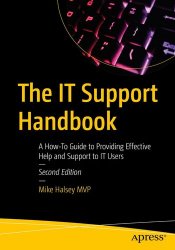
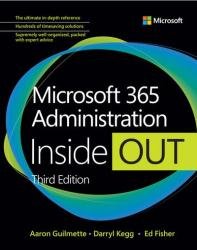 Название: Microsoft 365 Administration Inside Out, 3rd Edition
Название: Microsoft 365 Administration Inside Out, 3rd Edition